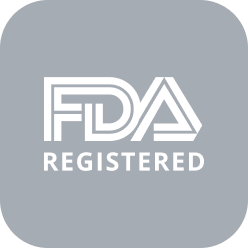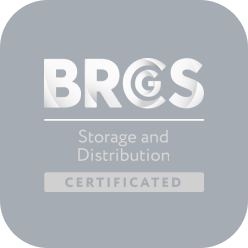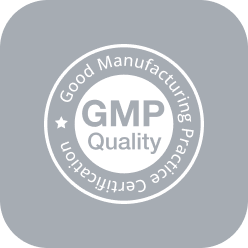Facility Compliance and Certification
The list of products that fall under FDA regulation is extensive, ranging from supplements, candy and canned goods to food for animals, food for humans, and more. What these diverse groupings all have in common is how they’re protected within the US. According to the Code of Federal Regulations (CFR), all domestic and foreign facilities that manufacture, process, pack, and/or hold food for human or animal consumption in the United States must register with the FDA.
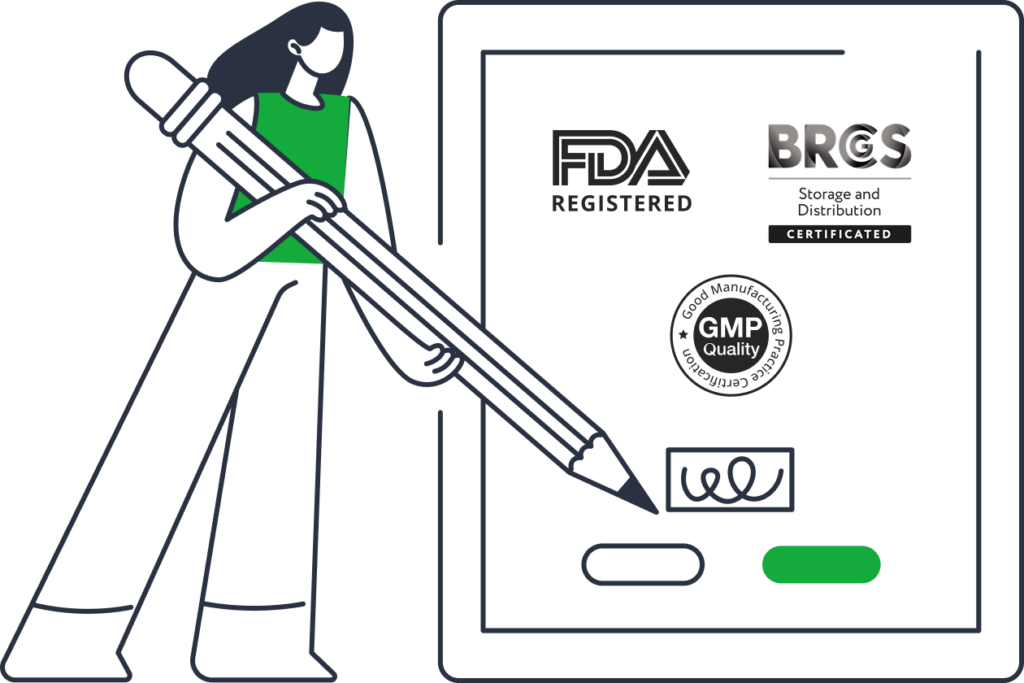
Keeping your products, and the people who buy them, safe and secure.

ShipMonk is dedicated to upholding all FDA regulations so our clients and their customers can rest easy. We also ensure all our relevant facilities are GFSI certified, which means they adhere to a premier set of food safety guidelines that ensure facilities are safely handling related products.
Certification requires an intensive auditing process involving international food safety management systems and auditing companies. Getting GFSI certified isn’t easy, but at ShipMonk we prioritize anything that enhances our clients’ businesses peace of mind and potential for success. In this case, GFSI certification lets our clients and their customers be confident that the products we store and fulfill are handled with the highest level of care.
Continue reading about FDA requirements and GFSI certification below to understand just how seriously we regard this responsibility.
What is the FDA?
The Food and Drug Administration (FDA) is responsible for ensuring the security and safety of United States public health in relation to: food, beverage, biological products, cosmetics, drugs, veterinary products, medical devices, and products that emit radiation.
All facilities in the US handling products that fall under this list must be registered with the FDA. Registration must be renewed every two years, and all participating facilities grant the FDA permission and access to inspect their grounds, which typically occurs once every three years. In general, these standards safeguard citizens against products that could be harmful to health, food-related emergencies, and bioterrorism.
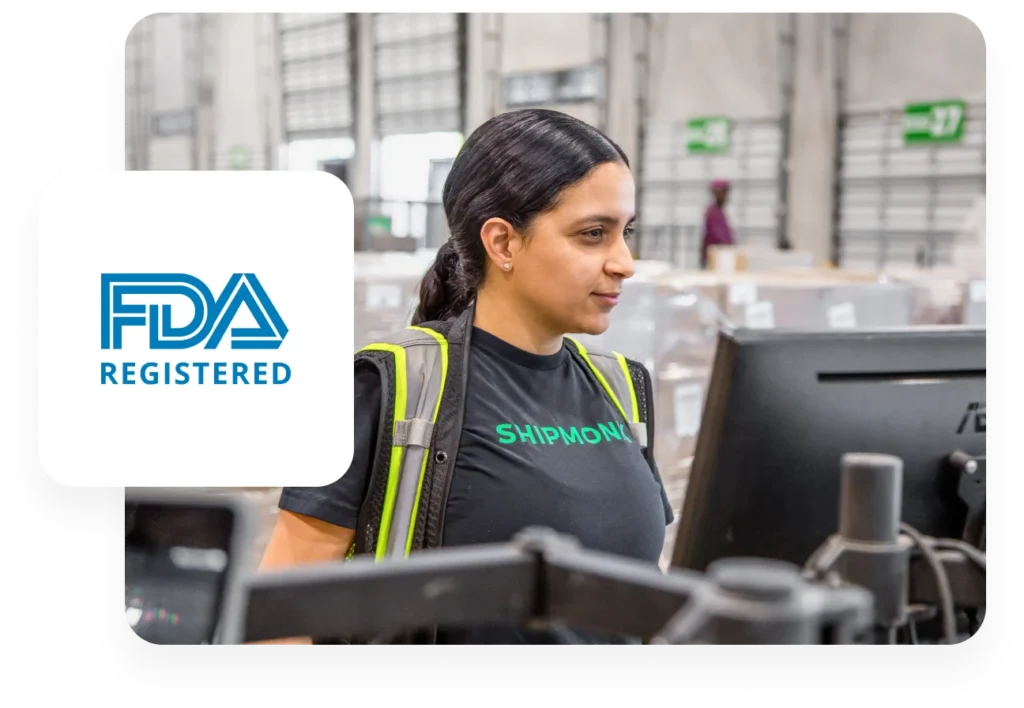
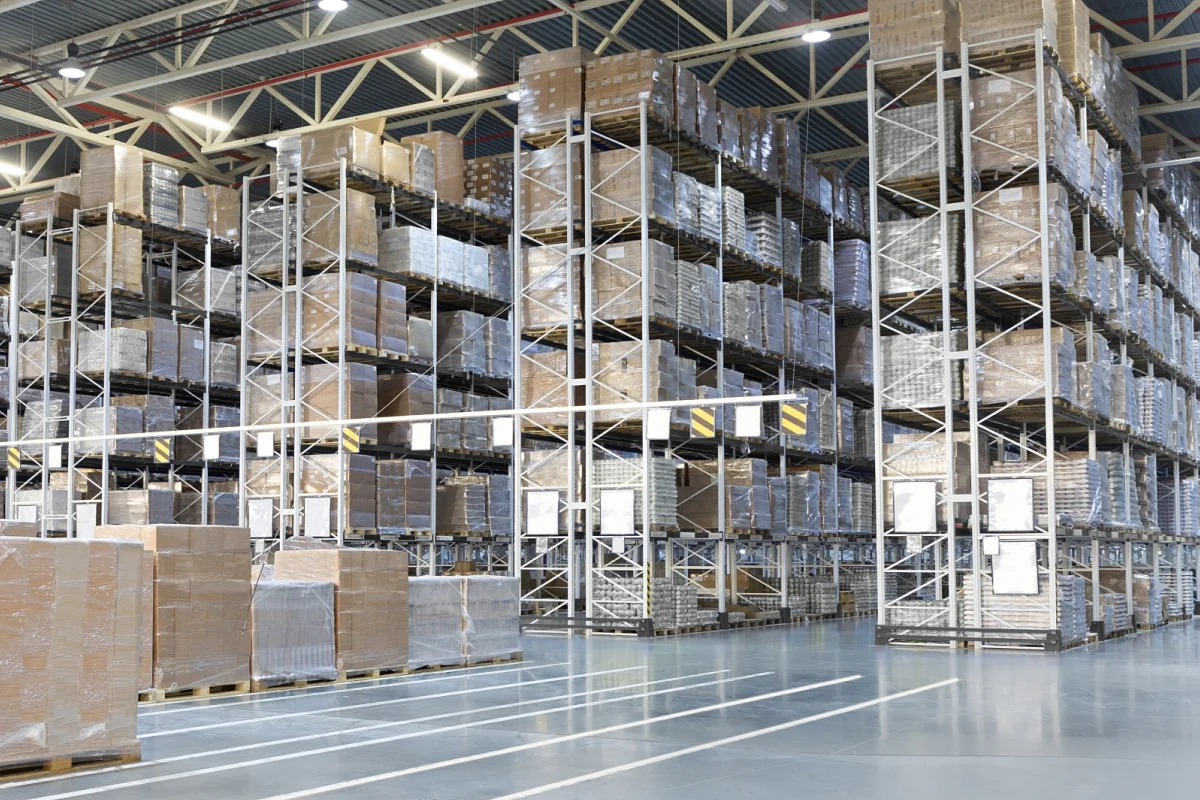
FDA-registered fulfillment facilities
With a wide array of fulfillment centers storing and shipping products for ecommerce businesses of all sizes across all verticals, it is vital that ShipMonk abide by, and be up to date on, all FDA requirements. All eight of ShipMonk’s US-based facilities are currently registered with the FDA and are consistently renewed in perpetuity.
When registering a site with the FDA, different categories are selected for the type of item being stored. For example, Coffee, Food for Animal Consumption, and Cosmetics are all different category types. Medical devices have additional regulations attached, especially if a business requests the warehouse storing them perform any re-packing or re-labeling.
Note – FDA registration must be updated if a new category of product is brought onsite to any facility.
ShipMonk satisfying state-level requirements
In addition to FDA national standards, sites must comply with state and county regulations. Each state and county has a different set of regulations requiring warehouse registration for storing the following items:
Human Food
Processed
Food
Animal
Food
Dietary
Supplements
Cosmetics
Organic
Food
Hemp Infused
Products
Radioactive Products
(Ex. Vintage Watches)
State and county registration of warehouse sites depends on the products being held there. For example, in California, if a product is infused with hemp, the warehouse or fulfillment center is not required to be registered with the state or county, but the business in question does need to register the product with the state. It is a dual responsibility. Clear communication with clients regarding products being stored in warehouses is required to ensure compliance with state and county regulations. And due to the differing, and often-changing requirements by state and by county, registration is always an ongoing process.
Organic products
Products that fall in this category might have additional requirements depending on United States Department of Agriculture (USDA) regulations for the state or county of the ShipMonk warehouses storing them. Although registration by state and counties may not be required every time, ShipMonk must still follow USDA regulations. When an ecommerce client intends to sell an organic product, ShipMonk must be notified so that our local quality and compliance representatives can ensure storage standards are met.
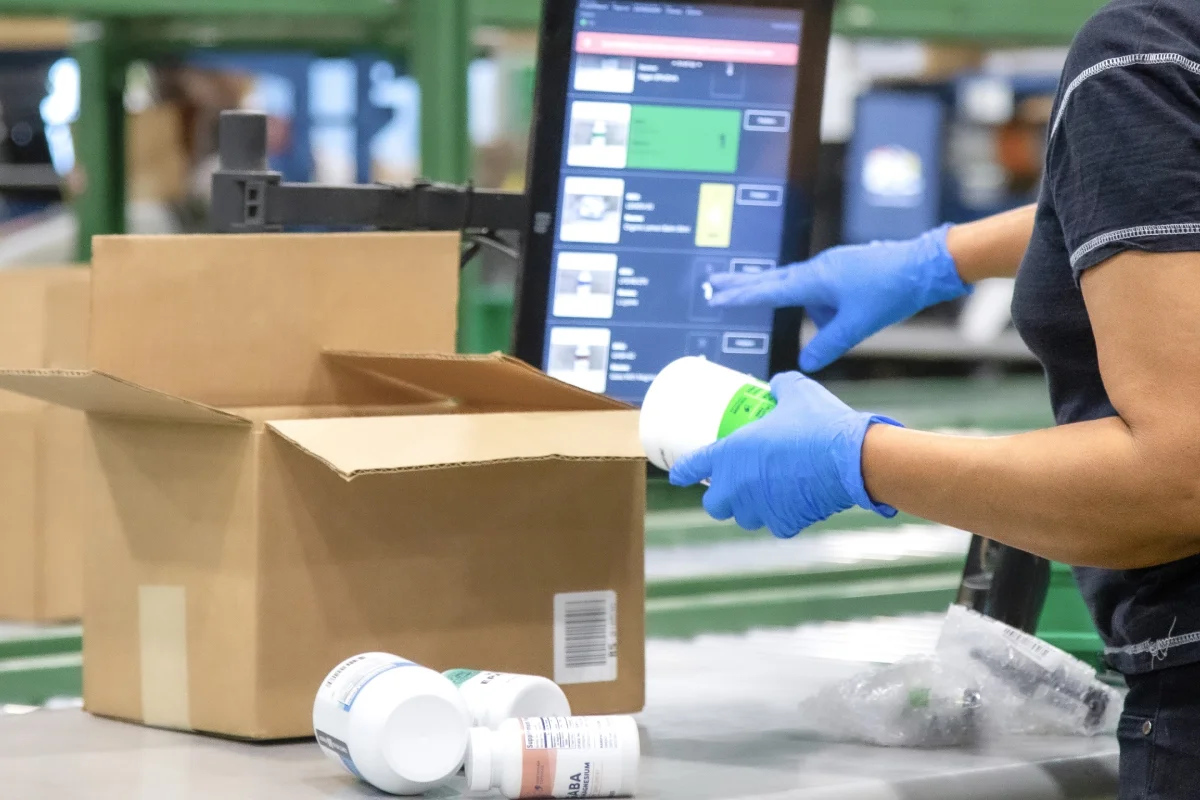
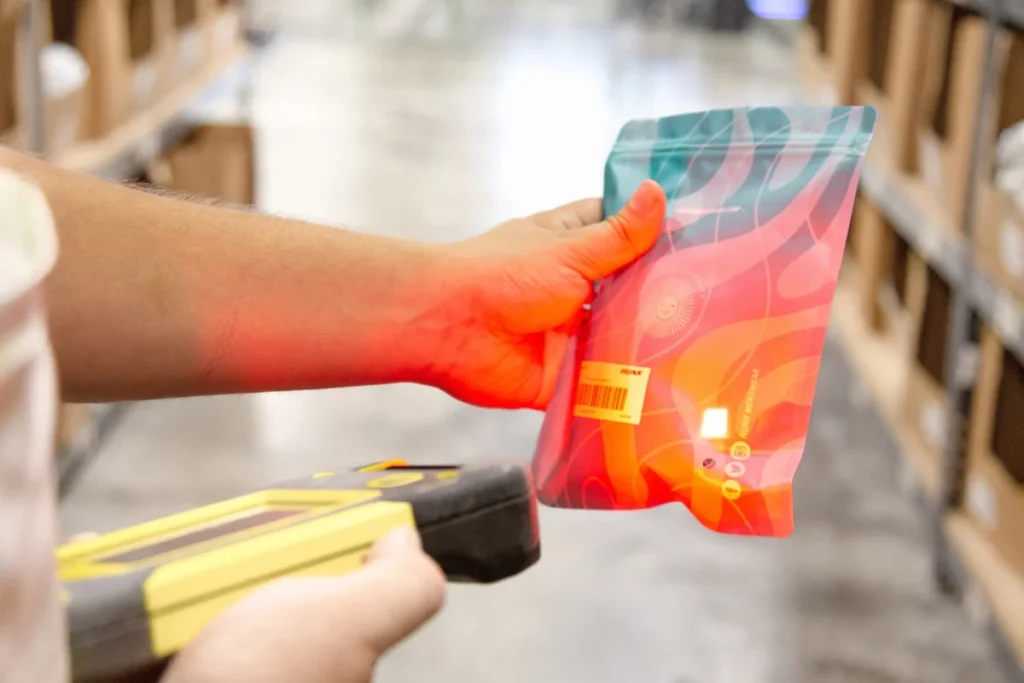
Lot numbers
Lot traceability is a requirement in the Code of Federal Regulations (CFR) that was established to perform effective recalls on products. According to the FDA Food Safety Modernization Act (FSMA), certain fresh foods require lot numbers to be tracked throughout the distribution process.
If clients store products on this list in our warehouses, they are responsible for assigning lot numbers to their products. At client request, ShipMonk can track inventory by Lot number and/or expiration date with advanced features on ShipMonk’s 3PL fulfillment platform.
If a client stores any food that is not on the FSMA list, lot traceability in the ShipMonk app is not required. However, the client is responsible for lot traceability of products in the event of a recall.
Food allergen safety
Products containing food allergens need to be stored appropriately to prevent cross contamination. If an ecommerce brand has an allergen, it is vital to evaluate in advance if the selected facility has the ability to properly store the product(s) in question from other goods being stored. The FDA defines the following as major food allergens:
Milk
Eggs
Fish
Crustacean shellfish
Tree nuts
Peanuts
Wheat
Soybeans
Sesame
Organic products
According to CFRs, certain finished FDA (registered, approved, or monitored) products must be stored under conditions that will preserve the products’ identity, purity, strength, and composition. Those products may include food, dietary supplements, cosmetics, and medical devices. ShipMonk facilities are committed to adhering to our clients’ temperature needs.
It is the responsibility of every client to clearly establish temperature, humidity, and light requirements prior to inventory arriving at a fulfillment center so ShipMonk can ensure that goods are warehoused in the proper facilities. For example, ShipMonk has three fulfillment centers with temperature-controlled storage: New Jersey, Nevada, and Texas. Therefore, if an ecommerce brand sells products that require temperature-controlled storage in the US, orders would need to be fulfilled from one of these specialized facilities.
Note – FDA registration must be updated if a new category of product is brought onsite to any facility.
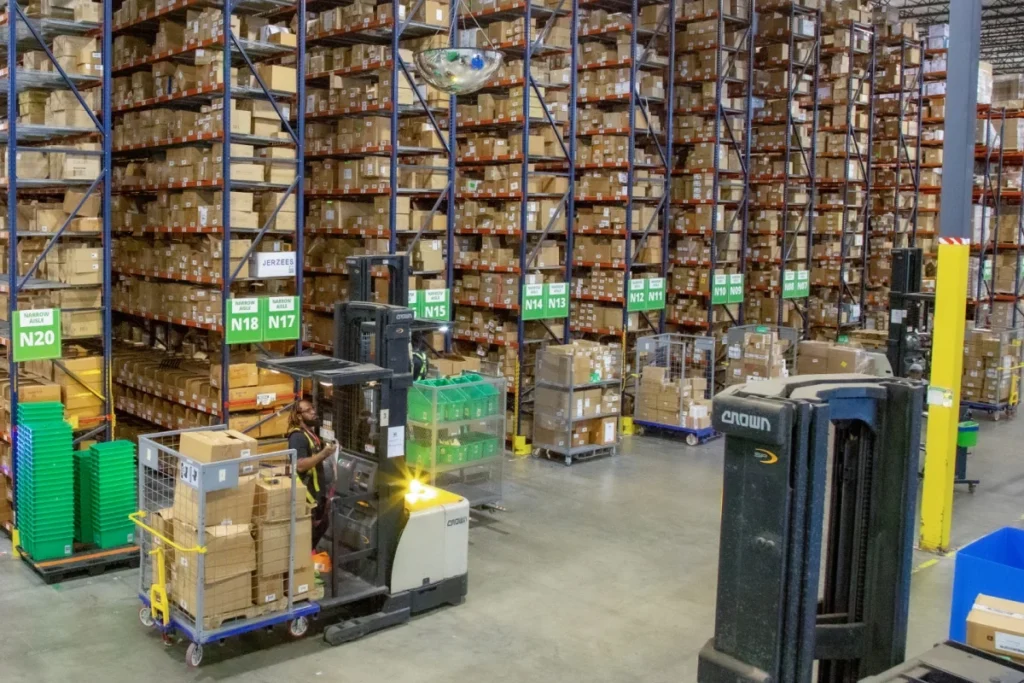
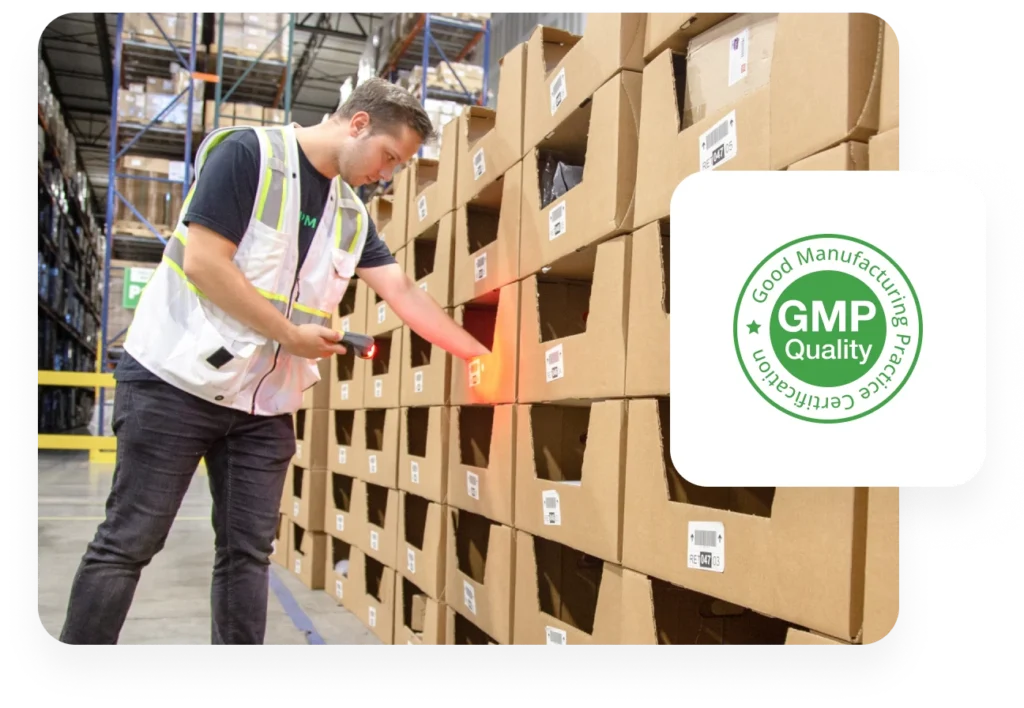
ShipMonk’s cGMP standards
Current Good Manufacturing Practices (cGMP) consists of all processes, procedures, and documentation that ensures food, cosmetics, and pharmaceutical goods are consistently produced and controlled according to set quality standards. ShipMonk cGMP procedures and documentation are maintained in our advanced Quality Management System. A list of current procedures is available per client request.
What is the GFSI?
The Global Food Safety Initiative (GFSI) is an initiative for the development of food safety management systems that ensure food facilities are processing safe food for consumers.
Prior to the creation of the GFSI, retailers would perform inspections themselves or recruit a third party to perform audits at food facilities where their products were being manufactured or stored. This required a food facility to be audited by various customers for the same requirements.
Following a series of high-profile food recalls in 2000, GFSI was launched to restore confidence in the food and beverage industry and develop an internationally-recognized benchmarking system for food safety. GFSI unveiled a series of standards for companies to live up to. The result: customers can be more confident in a facility, which reduces the need and desire to conduct additional audits themselves.

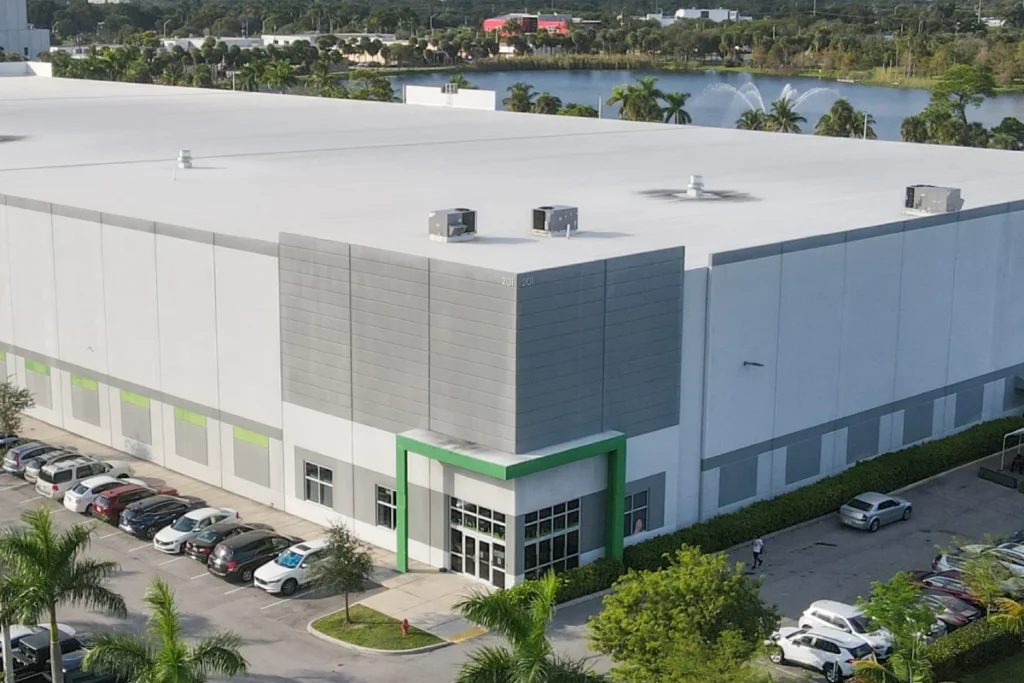
What does it mean to be GFSI certified?
Manufacturing sites, distribution sites, and storage sites for food products are considered GFSI certified if audits prove they adhere to the established GFSI quality guidelines. This type of certification is based on site, not brand, which means the site(s) a brand uses can be GFSI certified, but the brand itself is not. Hence the need for every site a brand uses to undergo separate GFSI certification audits.
GFSI audits
There are a couple of key players involved in ShipMonk’s GFSI certification. Brand Reputation through Compliance Global Standard (BRCGS) is an international food safety management systems entity that GFSI recognizes to ensure a location is meeting GFSI requirements. A significant part of the BRCGS includes cGMP, referenced above. AIB International is an auditing company that verifies if sites meet BRCGS requirements. In order to be GFSI certified, ShipMonk is using AIB International to ensure site compliance to BRCGS.
Audits occur annually and can be unannounced, which ensures facilities are always up to par with GFSI guidelines. At ShipMonk, additional internal audits are conducted at each site quarterly. Internal audits can be unannounced as well. Since unannounced audits are a part of the program, it is very important for sites to maintain compliance to standards at all times. Each ShipMonk fulfillment center has a Quality and Compliance representative involved in the audits with access to the Quality Management System for maintaining the site’s GFSI certification.
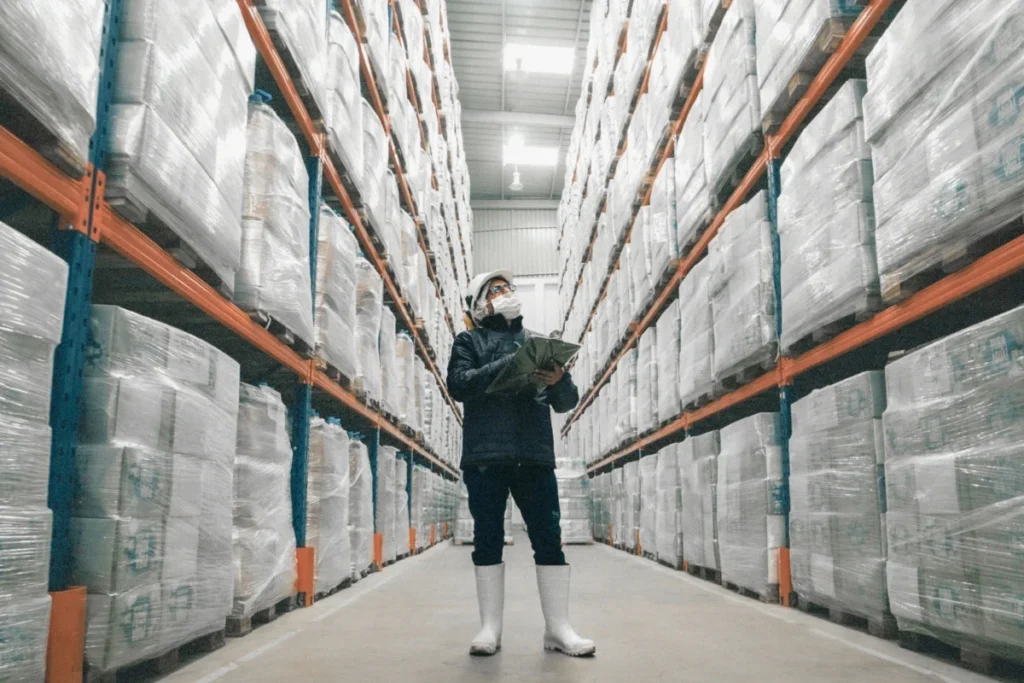
ShipMonk’s GFSI certification
Currently ShipMonk’s Florida, Pennsylvania, California, Nevada, New Jersey, and Kentucky facilities have been GFSI certified to the BRC Global Standard through AIB. This year we are pursuing GFSI certification for our Texas and United Kingdom fulfillment centers as well. Globally, ShipMonk is working to establish BRCGS/cGMP procedures in our international fulfillment centers including Canada and Czech Republic, ensuring processes are streamlined across all sites.
Benefits of GFSI certification
Facilities that earn this certification can function in an international capacity.
With a GFSI certification, food facilities can provide consumers with the assurance that all food safety requirements have been met and there will be no health issues with products shipping from those sites.
Certified facilities do not need to undergo as many supply chain audits.
A GFSI certification supports legal compliance, which gives food facilities more legal security.
Certified for success
At ShipMonk, we’re known for our mission to help ecommerce brands “stress less and grow more.” We hope that learning about our strict adherence to FDA regulations and commitment to GFSI certification removes stress when it comes to the safety of your products. For more information about ShipMonk, visit our certifications page or contact us today to get started. And to learn about our commitment to data safety standards visit our SOC Compliance Certification page.
